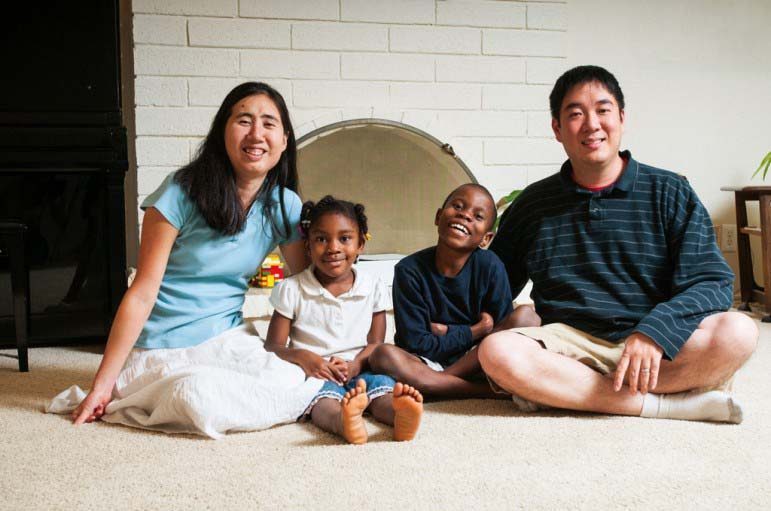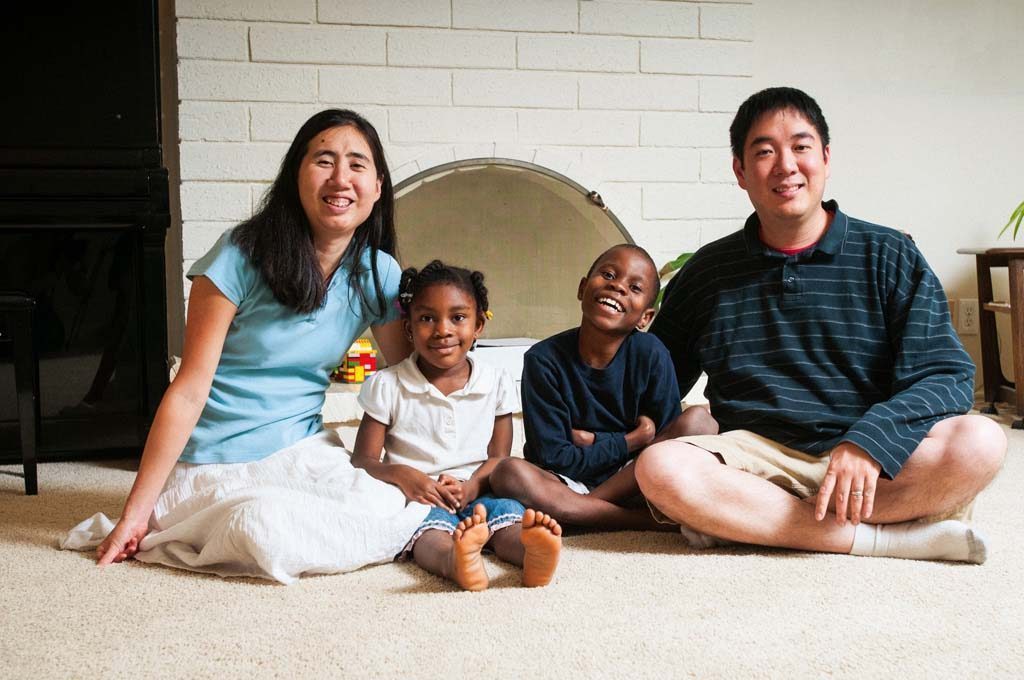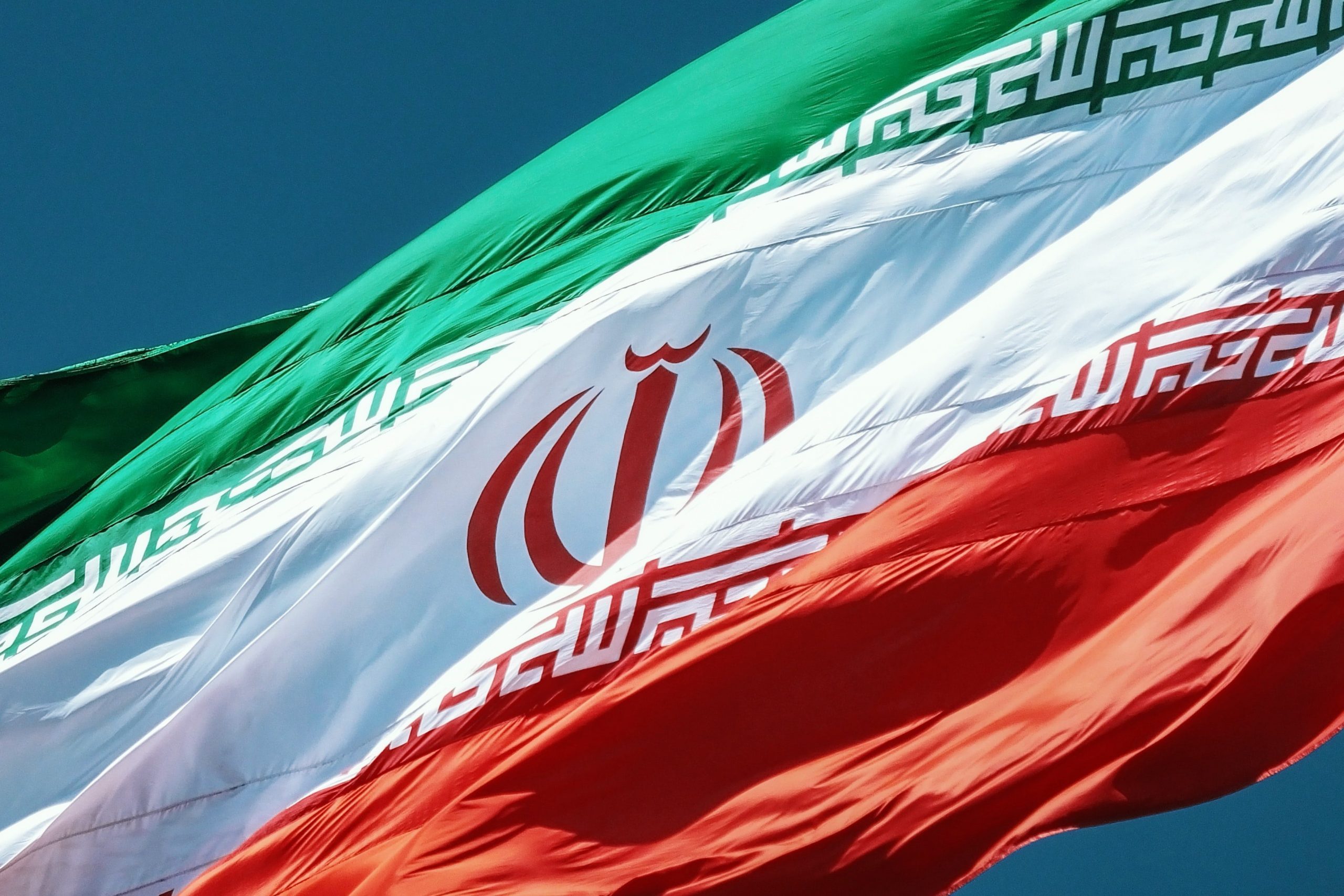
An expat couple in Qatar who face murder charges over the death of their adopted daughter have encountered a new stumbling block in their case, after a falling-out with their sponsor.
Incensed over a directive from his employer to return to work or be placed on unpaid leave, Matt Huang has resigned from his company, MWH Global, which is working on a drainage project for Ashghal.
The 37-year-old American and his wife, Grace Huang, stand accused of starving their eight-year-old daughter Gloria to death. The couple maintain that the girl was fighting an eating disorder, which is why she hadn’t eaten in the days leading up to her demise.
After spending most of 2013 in jail, the couple was released following a court hearing in November. They are not allowed to leave the country, pending the outcome of the trial.
Parting ways with MWH could compromise the legal standing of the Huangs in Qatar, as expats who live here are required to have a sponsor. It could also make paying for housing, healthcare and other costs difficult.
Fallout
According to correspondence between MWH and Matt Huang, which was shared with the New York Times by the Huangs’ legal counsel, the engineer was approaching the one-year anniversary of his leave on Jan. 16, the day Gloria died.
Over the past 12 months, MWH has paid Huang his salary and benefits, though it “was under no obligation to do so,” the company wrote in a letter dated Jan. 10, 2014. But to continue being paid, Huang would need to return to work. If he did not, he would be placed on an unpaid leave of absence, MWH’s chief human resources officer said.
In response, Huang said he was “outraged” by the demand that he return to work, given the trauma he and his wife have endured, in addition to the outstanding court case, which resumes next month. In a letter to MWH, he writes:
“The Qatar government has gravely violated numerous rights afforded to us under international law and we are facing the death penalty despite the proof of innocence that has been provided to the courts and Qatar government.
I am shocked that I am being asked to return to work at this time without any kind of regard for my physical or emotional well being. Navigating post traumatic symptoms is a full time challenge. Adding a new layer of professional responsibilities is simply unrealistic and is the exact opposite of what I or my family needs right now.”
He added that MWH was not prepared to handle cases like his, and tendered his resignation immediately.
Speaking to the NYT, an MWH spokeswoman said the company’s efforts to communicate directly with Matt Huang “had been repeatedly obstructed” by his legal advisors, for unfathomable reasons.
The Huangs have rarely commented publicly on the case, asking reporters to speak to their PR representative instead.
Legal limbo
Because the Huangs cannot leave Qatar, it is unclear how parting ways with MWH would affect the couple legally.
Under Qatar’s sponsorship (kafala) laws, MWH reserves the right not to grant Matt Huang a no-objection certificate, which means he would not be allowed to seek employment elsewhere in Qatar for the next two years to become a legal resident.
The Huangs could also accrue huge financial penalties to the tune of $55/day each if their residence permits are cancelled or not renewed by their sponsor.
The Huangs are not the first defendants to face such legal limbo in Qatar. Three former executives of Al Jazeera Children’s Channel have been unable to leave the country for more than two years over financial mismanagement charges.
The trio, which includes Tunisian-Canadian Mahmoud Bouneb, were fired in September 2011 and cannot legally work in the country. For months, they have complained about depleting finances as their court hearings drag on.
This week, United Nations special rapporteur Gabriela Knaul is meeting with judges, prosecutors, lawyers, academics, diplomats, legislators, government officials and others to assess Qatar’s judicial system.
Case details
The Huangs were arrested the day after their daughter died last January.
At issue in the case appear to be misunderstandings about the adoption of black children by a Chinese American couple. The children were also being home-schooled by their mother, a concept that further seemed to vex court officials.
During the half a dozen court hearings held last year, police testified that Matt Huang told them Gloria had not eaten in the four days leading up to her death. The Huangs’ legal counsel said that this was because Gloria had been combating an eating disorder that would cause her to binge on food and then go for days without eating.
The disorder stemmed out of growing up in extreme poverty in Ghana, and one of Gloria’s two adopted brothers also struggled with food issues when he was younger, lawyer Justin Brooks of the California Innocence Project (CIP) previously told Doha News.
CIP, a program run by the California Western School of Law that works to clear people who are believed to have been falsely accused of committing crimes, took on the Huangs’ case last year. Together with the David House International Crisis agency, the group launched a website to support the Huangs.
Additionally, the state’s medical examiner testified that Gloria did not die of starvation, but of a medical condition called cachexia, or wasting away. The exact cause of her death remains unknown.
If found guilty, the couple face the death penalty, though Qatar has had a moratorium on executions for at least a decade.
Last month, the Huangs’ trial was unexpectedly postponed, and the couple returns to court next month on Feb. 5. Closing arguments are expected to be heard at that time, and the judge will then take at least a few weeks to reach his decision.
Meanwhile, the Huangs’ two sons, who had temporarily been placed in an orphanage before their grandmother moved to Doha to care for them, were permitted to leave Qatar in October to stay with family members in California.
Thoughts?







